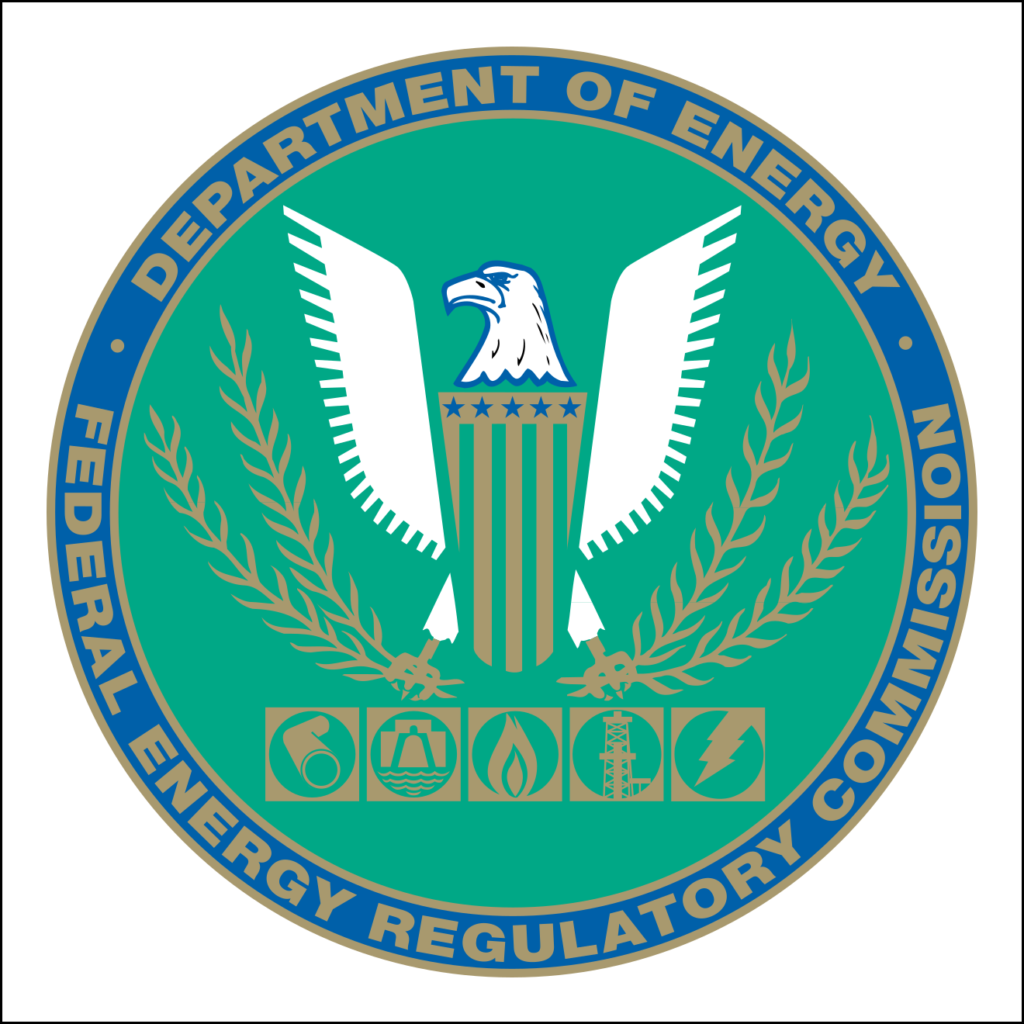Regulatory | Coronavirus | NGI All News Access
State AGs Call for FERC Moratorium on Fossil Fuel Infrastructure Projects
FERC should call a halt to approvals of natural gas pipelines, liquefied natural gas (LNG) export facilities “and related fossil-fuel infrastructure projects until the end of the Covid-19 crisis,” according to a group of attorneys general (AG) representing 10 states and the District of Columbia.

Such a moratorium “is necessary to preserve the due process rights of interested parties, many of whom are dealing with unprecedented challenges to their health and economic well-being from the Covid-19 crisis and whose ability to participate in hearings and proceedings may be accordingly constrained,” the AGs said in a May 7 letter to Federal Energy Regulatory Commission Chairman Neil Chatterjee.
The letter was signed by state AGs from Connecticut, Delaware, Illinois, Maryland, Massachusetts, Minnesota, New Mexico, Oregon, Rhode Island and Virginia, as well as the District of Columbia.
There have been similar calls for FERC to postpone some decisions recently from environmental groups.
In response to the pandemic, both FERC’s March and April monthly public meetings were held via webcast only, but the Commission “remains open for business,” Chatterjee said during the April 16 meeting.
“At this critical time it is imperative that the Commission continue to operate as close to normal as possible so that the industries we regulate are well positioned to contribute to the nation’s economic recovery when we all return to work,” he said.
“We at FERC will do everything in our power to ensure our energy systems continue to operate and are there when we call upon them once our economy reopens. To shut our door to working on the nation’s critical energy infrastructure would be as irresponsible as it is short-sighted. The public’s need for energy is not erased by this pandemic.”
FERC said Friday that four contract support staff who work at the headquarters building in Washington, DC, had been diagnosed with Covid-19.
“The risk to the limited number of FERC staff who have been in the building is low. The vast majority of FERC employees and contractors have been teleworking since March 16, following local guidance. The headquarters building remains closed to the public and is now closed to all FERC staff and contractors until further notice,” the agency said.
“The Commission continues to operate remotely, and FERC staff continue to fulfill the agency’s critical mission. The impact to operations is extremely minimal.”
FERC is temporarily delaying the processing of all permitted hard copy submissions mailed or delivered to the Commission’s headquarters, but continues to accept electronic filings.
© 2024 Natural Gas Intelligence. All rights reserved.
ISSN © 1532-1231 | ISSN © 2577-9877 |
